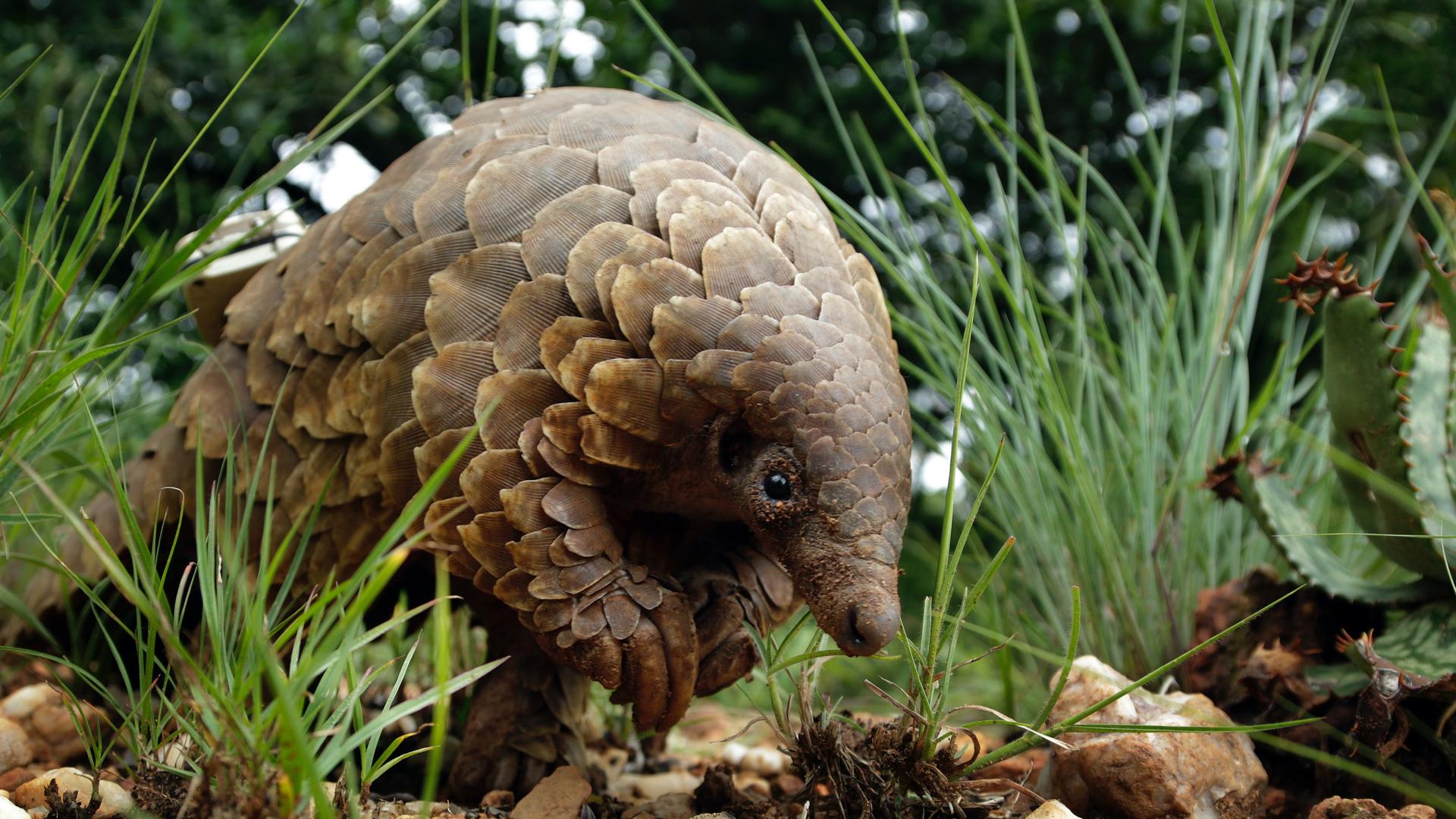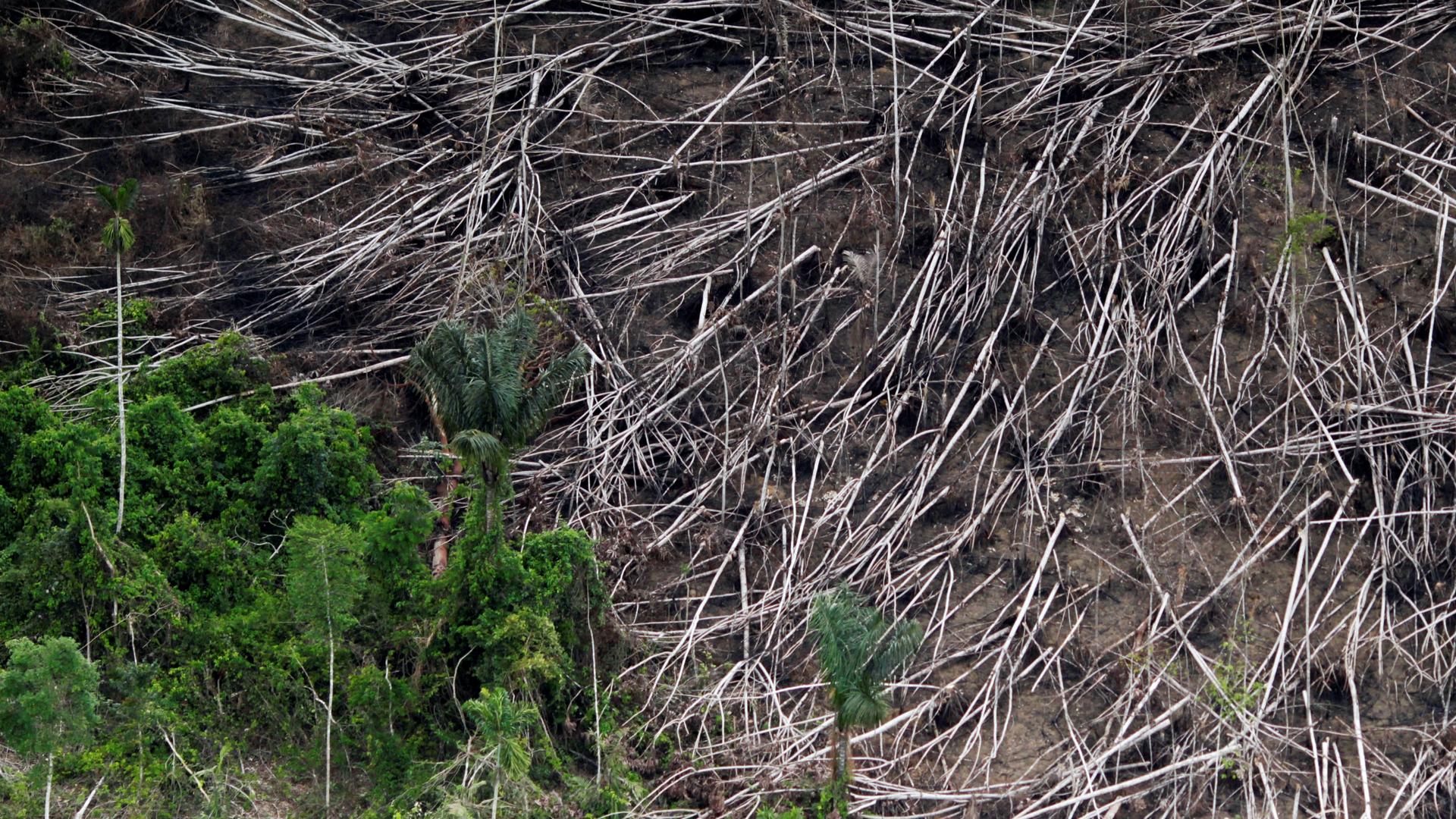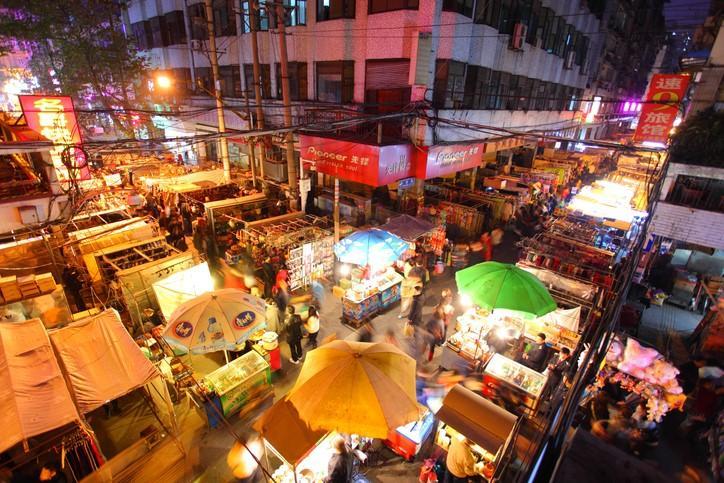Wildlife trade
We want to hear your feedback so we can keep improving our website, theworld.org. Please fill out this quick survey and let us know your thoughts (your answers will be anonymous). Thanks for your time!
Anti-poaching efforts in Kenya focus on saving animals — and people too
In recent years, Kenya has been on the front line of the war against terror. In 2013, Al-Shabaab killed 67 people in an attack on Nairobi’s upscale Westgate mall. More recently, militants stormed a northern Kenyan university, killing 148 people in the country’s worst terrorist attack in more than a decade. Terrorism experts now know the group receives at least some of its funding from the illegal wildlife trade, so stopping poachers in Kenya’s national parks is not just about saving elephants, it’s about saving people, too.
Despite big efforts, the US is still a major consumer of illegal elephant ivory
Anti-poaching advocates have tried all manner of ways to get people to stop purchasing illegal animal products, from celebrity ads to staged, public destruction of ivory caches. In June 2015, the US government made a very public display of crushing a ton in front of thousands of onlookers in Times Square. Yet poachers are still finding a market for illegal ivory on American streets, thanks to the US’s confusing and hard-to-enforce poaching laws.
Pig-nosed turtles are adorable — and that’s made them the target of traffickers
Pig-nosed turtles are so cute that thousands of them are being smuggled by animal traffickers to be sold as exotic pets. But while they’re adorable as babies, they grow up to become big, feisty animals that many people abandon — a problem for a species that’s considered threatened.
Subscribe to The World’s Latest Edition podcast for free using your favorite podcast player:


